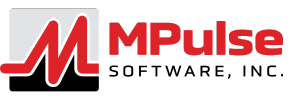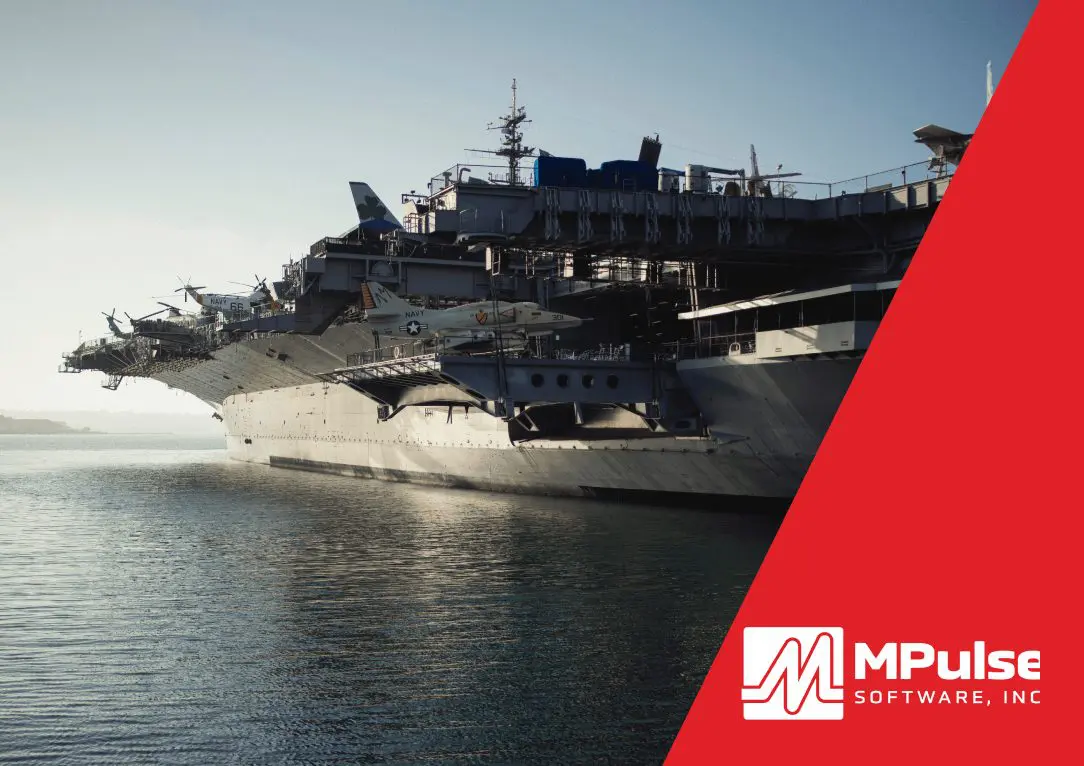Military and defense contractors work with highly complex and sophisticated equipment, ranging from aircraft and vehicles to advanced weapon systems.
Maintaining and repairing these assets requires specialized knowledge, technical expertise, and access to specific tools and resources. The intricacy of these systems also presents challenges in terms of troubleshooting, diagnosing issues, and performing repairs effectively.
Military and defense contractors must develop maintenance procedures that can withstand and mitigate the effects of these challenges. As a result, companies often turn to CMMS software for one of the following reasons.
Reason #1: Preventive Maintenance
Military equipment is often exposed to extreme operating conditions, including combat zones, harsh climates, and rugged terrains. These challenging environments can accelerate wear and tear on equipment, leading to increased maintenance requirements.
CMMS software allows organizations to schedule and track preventive maintenance tasks for equipment and machinery. Regular maintenance helps identify and address potential safety issues before they lead to accidents or failures that could harm employees. By ensuring equipment is properly maintained, CMMS software reduces the risk of workplace accidents.
Reason #2: Work Order Management
Military operations often have tight schedules and strict operational timelines. Maintenance activities must be carefully planned and executed to minimize downtime and ensure that equipment is available when needed. As a result, military and defense contractors need tools for efficient coordination and proactive maintenance strategies to prioritize critical repairs and meet operational requirements.
CMMS enables efficient management of work orders and service requests. The software also streamlines the process of reporting and addressing safety-related issues or hazards. Employees can easily report safety concerns, and the software ensures that these issues are quickly assigned to the appropriate personnel for resolution, minimizing the time between identification and resolution.
Reason #3: Asset Management
Military operations often require contractors to operate in remote locations where resources may be limited. Contractors must consider logistical challenges to ensure that maintenance personnel have access to the resources and tools to perform their duties effectively. That may require establishing supply chains, deploying mobile maintenance units, or implementing innovative maintenance strategies tailored to remote environments.
CMMS software helps track and manage assets across an organization. It provides a centralized database that includes information about each piece of equipment and its history. By accurately tracking asset conditions and maintenance tasks, organizations can identify potential safety risks, such as faulty equipment or components, and take appropriate actions to address them.
Reason #4: Documentation and Compliance
The military and defense industry operates within a stringent regulatory framework. Contractors must comply with various regulations, safety standards, and quality management systems to ensure equipment reliability, operational safety, and mission success. Meeting these compliance requirements adds complexity to maintenance operations and requires documentation and adherence to established protocols.
CMMS software excels at the creation and maintenance of detailed documentation related to safety protocols, standard operating procedures, and regulatory compliance. It also allows organizations to store safety manuals, guidelines, and relevant documents in a centralized location, ensuring easy access for employees. By promoting compliance with safety standards, CMMS also helps mitigate risks and minimize accidents.
Reason #5: Training and Certification Management
The military and defense industry continuously evolves with advancements in technology and the introduction of new systems. Contractors must stay updated on rapidly changing technology to maintain and support modern equipment effectively. Keeping pace with evolving technologies and managing the complexity of integrating new systems into existing infrastructure can be a significant challenge.
CMMS can ensure that employees have received the necessary training and certifications for their specific roles. The software can track employee training records and certifications. It also sends reminders for refresher training to ensure employees stay updated on safety protocols and regulations.
Reason #6: Real-time Alerts and Notifications
The cost of maintenance is a crucial factor for military and defense contractors. Like any industry, balancing maintenance costs while ensuring equipment reliability and availability can be challenging. Contractors must optimize maintenance strategies to maximize the lifespan of equipment, minimize downtime, and control costs without compromising operational readiness.
CMMS software helps by generating real-time alerts and notifications for safety-related issues. For example, CMMS can send automated alerts when equipment is due for maintenance or if a safety inspection is overdue. These proactive notifications help prevent accidents, ensure timely maintenance, and maintain a safe working environment.
Reason #7: Data Security
Military and defense contractors often work with sensitive and classified data. This data can be used to manage and improve military operations by reducing costs, improving outcomes, and optimizing equipment availability. Contractors must implement robust security measures to protect classified information, while still enabling efficient maintenance activities and access to necessary resources.
MPulse provides solutions that combine certified production deployments with fully tested disaster recovery services to provide the highest levels of availability, security, responsiveness, and recovery. Additionally, MPulse includes features like Role-Based Access Control (RBAC), a data filtering utility that provides record-level access control. With RBAC, users can adjust settings in MPulse so the right people—and only the right people—have the right access to the right records.
With CMMS software, military and defense contractors can ensure the reliability, safety, and effectiveness of critical equipment and systems. Contact us to learn more about how MPulse can help.


